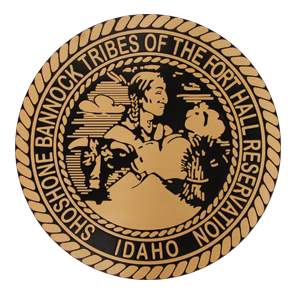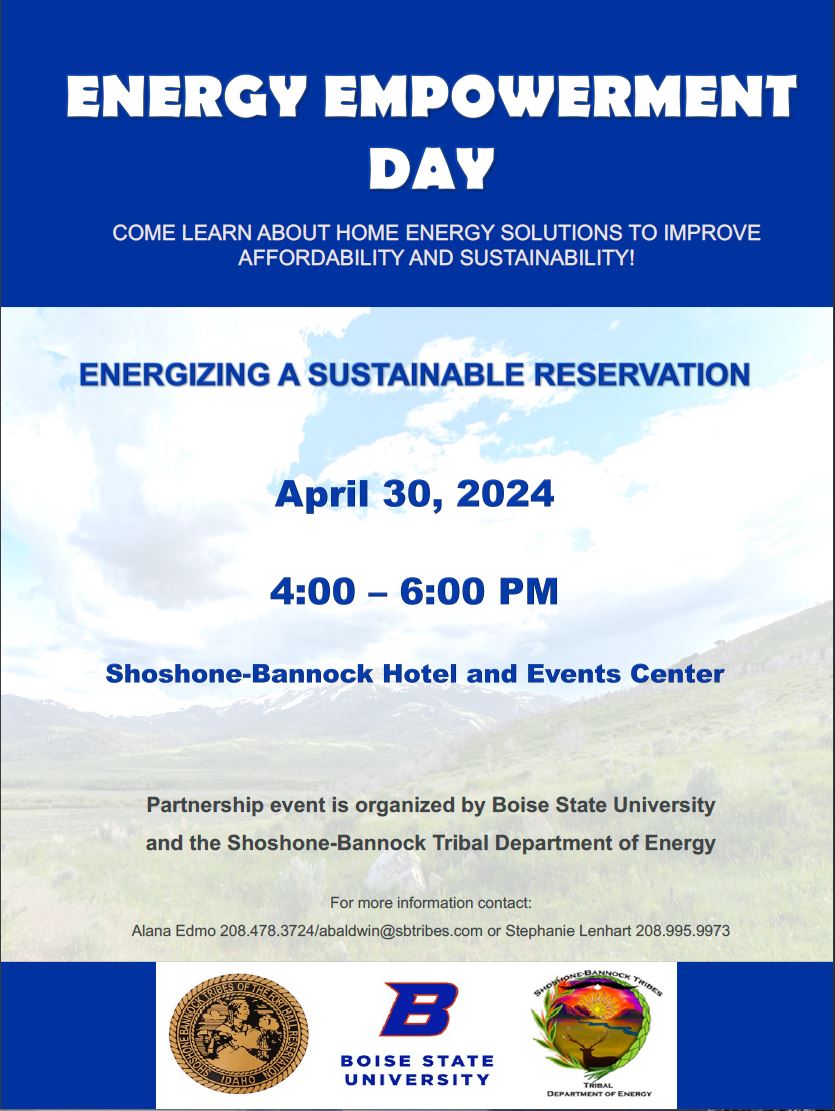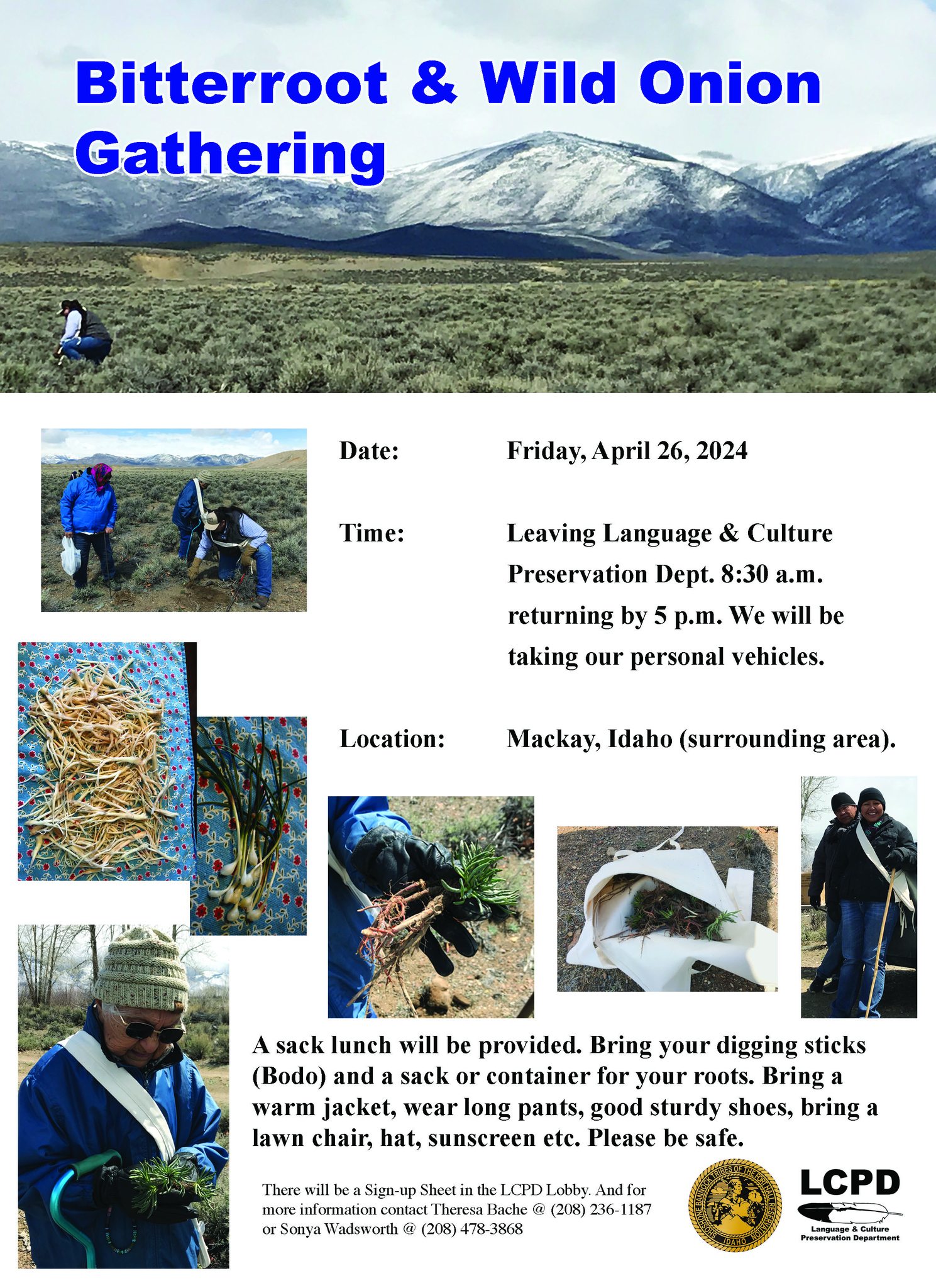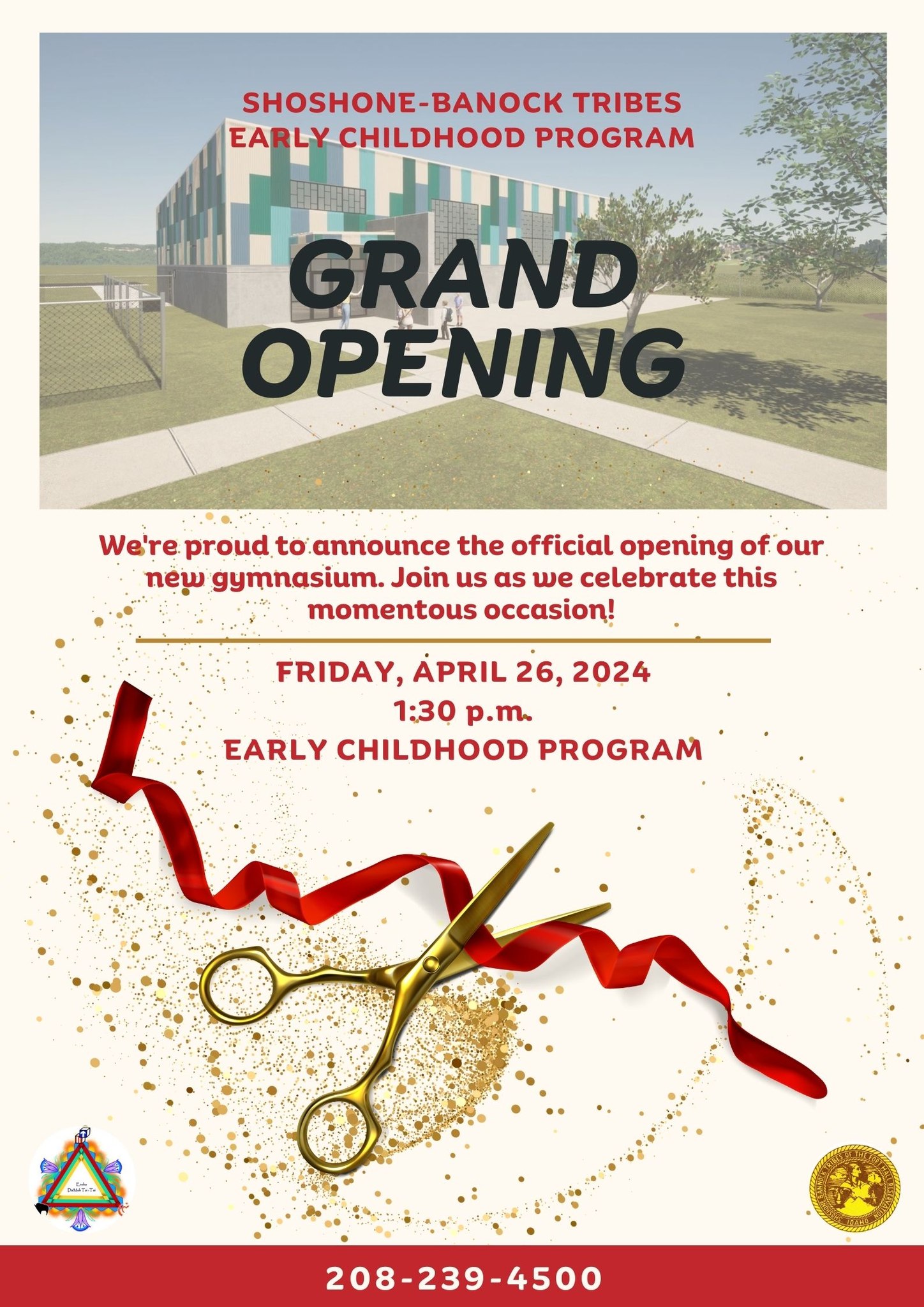Welcome to Fort Hall.
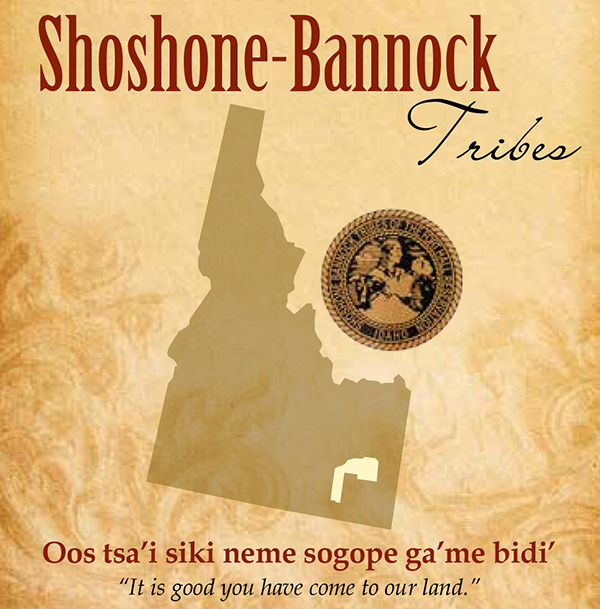
The Shoshone-Bannock Tribes are located on the Fort Hall Reservation in Southeastern Idaho, between the cities of Pocatello, American Falls, and Blackfoot. The Reservation is divided into five districts: Fort Hall, Lincoln Creek, Ross Fork, Gibson, and Bannock Creek. Currently, 97% of the Reservation lands are owned by the Tribes and individual Indian ownership.
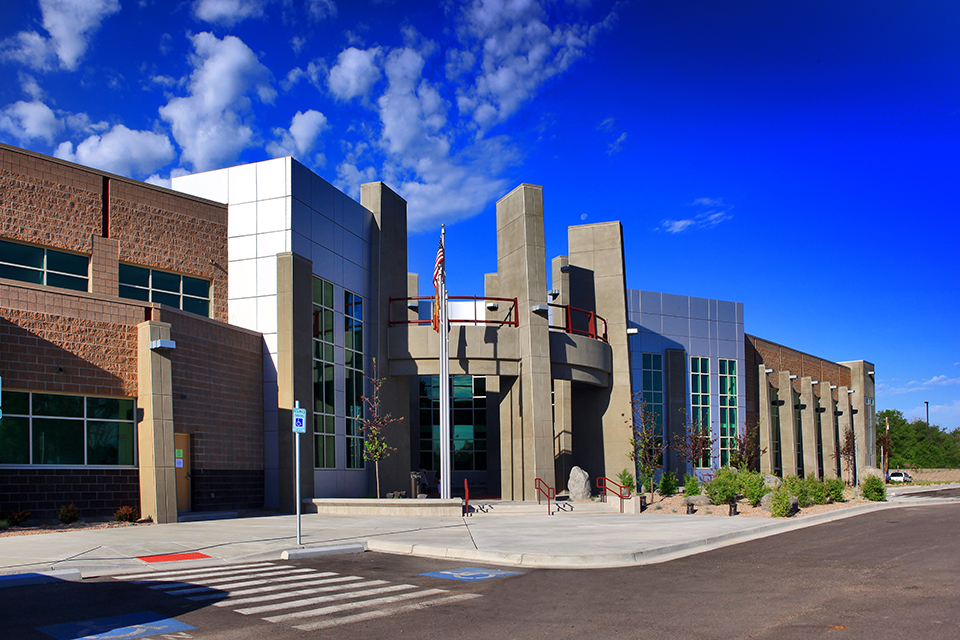

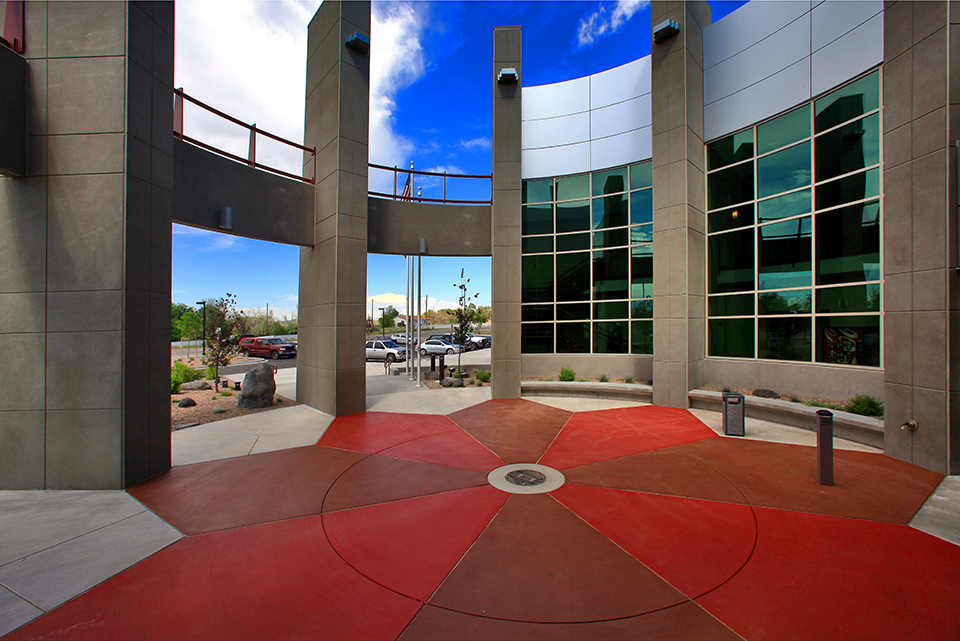
Fort Hall
Indian Reservation.
The Reservation was established in 1867 by President Andrew Johnson by Executive Order on June 14, 1867. The following year, on July 3, 1868, the tribal leadership signed the Fort Bridger Treaty, which affirmed that the newly established Fort Hall Indian Reservation would become the permanent home for the Shoshone and Bannock people.
The Fort Hall Reservation was divided into five districts: Fort Hall, Lincoln Creek, Ross Fork, Gibson and Bannock Creek.
Sovereign Nation .
Explore our Government
Save Idaho Salmon.
Take Action
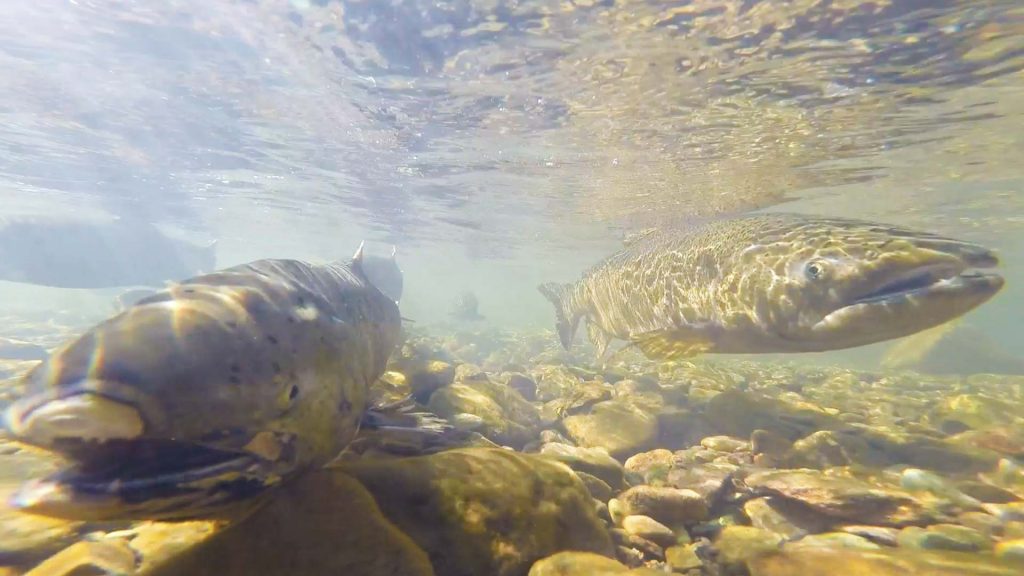
Upcoming Events.
Events for April
1st

THHS Life Skills classes, Motivation Monday

Bannock Language Class
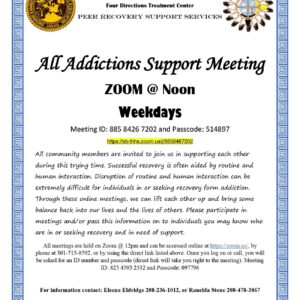
Waapi Kani – Addiction Support Group on Zoom
Events for April
2nd

Shoshone Language Class

THHS Virtual Community Prayer via ZOOM

Evening Shoshone Language Class
Events for April
3rd

THHS Life Skills classes, Jump into Creativity Wednesday

Bannock Language Class

Shoshonean Reunion Planning Meeting
Events for April
4th

Men’s & Woman’s 40+ All-Indian Basketball Tournament

Shoshone Language Class

Tribal Library Technology Assistance

Evening Shoshone Language Class
Events for April
5th

Men’s & Woman’s 40+ All-Indian Basketball Tournament

Apply for Summer Youth Opportunity Program

477 FAFSA Fridays
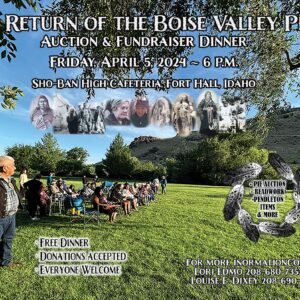
2024 Return of the Boise Valley People Auction & Fundraiser
Events for April
7th
Events for April
8th

THHS Life Skills classes, Motivation Monday

Bannock Language Class
Events for April
9th

Shoshone Language Class

THHS Virtual Community Prayer via ZOOM

Evening Shoshone Language Class
Events for April
10th

THHS Life Skills classes, Jump into Creativity Wednesday

Bannock Language Class
Events for April
11th

Shoshone Language Class

Tribal Library Technology Assistance
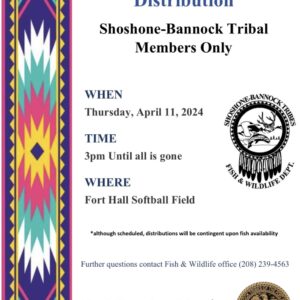
Fish Distribution

Evening Shoshone Language Class

Join Waapi Kani April 11th for a Toiletry Drive and Wellness Feast
Events for April
12th

Apply for Summer Youth Opportunity Program

477 FAFSA Fridays
TEEN Night! Lava Hot Springs
Events for April
14th
Events for April
15th

THHS Life Skills classes, Motivation Monday

Bannock Language Class

Fort Hall Gardening Workshop Series
Events for April
16th

Shoshone Language Class

THHS Virtual Community Prayer via ZOOM

BSD#55 Indian Education Public Hearing

Evening Shoshone Language Class
Events for April
17th

THHS Life Skills classes, Jump into Creativity Wednesday

Bannock Language Class

Shoshonean Reunion Planning Meeting
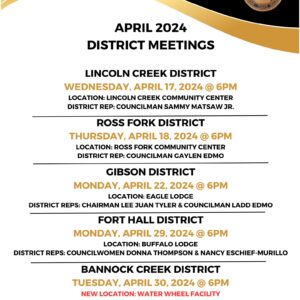
April Lincoln Creek District Meeting
Events for April
18th

Shoshone Language Class

Tribal Library Technology Assistance

CTEA Parent-Teacher Conferences

Evening Shoshone Language Class

April Ross Fork District Meeting
Events for April
19th

Apply for Summer Youth Opportunity Program

CTEA Parent-Teacher Conferences

477 FAFSA Fridays

School District #25 Powwow
Events for April
21st
Events for April
22nd
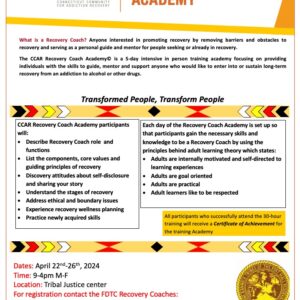
Recovery Coach Academy – Waapi Kani Mental Wellness & Recovery Services

THHS Life Skills classes, Motivation Monday

Bannock Language Class

Fort Hall Gardening Workshop Series

April Gibson District Meeting

E-Bike evening ride in Fort Hall
Events for April
23rd

Recovery Coach Academy – Waapi Kani Mental Wellness & Recovery Services

Shoshone Language Class

THHS Virtual Community Prayer via ZOOM

Evening Shoshone Language Class
Events for April
24th

Recovery Coach Academy – Waapi Kani Mental Wellness & Recovery Services

THHS Life Skills classes, Jump into Creativity Wednesday

Bannock Language Class
Events for April
25th

Recovery Coach Academy – Waapi Kani Mental Wellness & Recovery Services
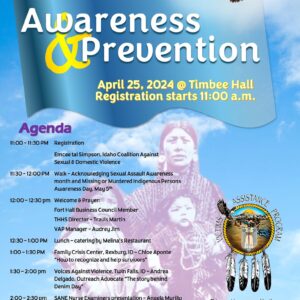
SA Awareness & Prevention

Shoshone Language Class

Tribal Library Technology Assistance

Evening Shoshone Language Class
Events for April
26th

Apply for Summer Youth Opportunity Program
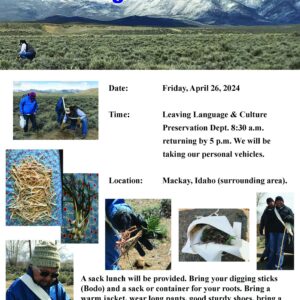
Bitterroot & Wild Onion Gathering

Recovery Coach Academy – Waapi Kani Mental Wellness & Recovery Services

477 FAFSA Fridays

Grand Opening – Early Childhood Program – New Building

TEEN Night! Bowling
Events for April
27th
Events for April
28th
Events for April
29th

THHS Life Skills classes, Motivation Monday

Bannock Language Class

April Fort Hall District Meeting
Events for April
30th

Shoshone Language Class

THHS Virtual Community Prayer via ZOOM

Energy Empowerment Day

Evening Shoshone Language Class

April Bannock Creek District Meeting
Events for May
1st

DEADLINE to apply for Summer Youth Opportunity Program

THHS Life Skills classes, Jump into Creativity Wednesday

Bannock Language Class
Events for May
2nd

Basketball Tournament – All Indian High School

Shoshone Language Class

Tribal Library Technology Assistance

Evening Shoshone Language Class
Events for May
3rd

Basketball Tournament – All Indian High School

May 5th Street Fair

Blackfoot SD #55 Powwow
Events for May
4th

Basketball Tournament – All Indian High School

Kick Butts Fun Run

Blackfoot SD #55 Powwow
View All
Tribal Health Highlight.
Learn About Us.
The Shoshone-Bannock Tribes welcomes you to the Fort Hall Reservation. Watch our highlighted video to learn more about the various branches of our sovereign nation.
Tribal Enterprises.
The Shoshone-Bannock Tribes owns and operates several large scale Enterprise Operations - including Casinos, Travel Centers, Resort & Spa, Tribal Farming, and even a local Grocery Store. These businesses help to strengthen the Tribal economy, but also to contribute to the regional economies off-Reservation.
